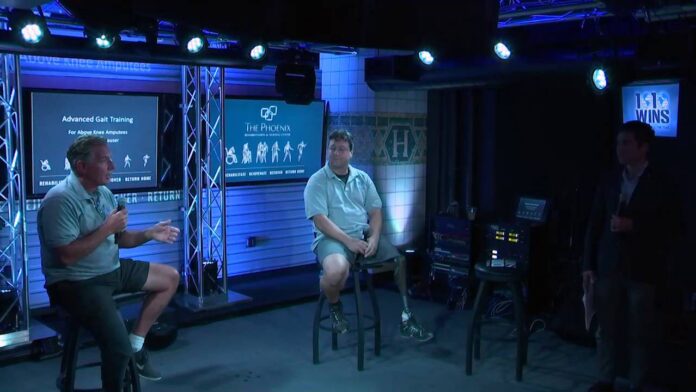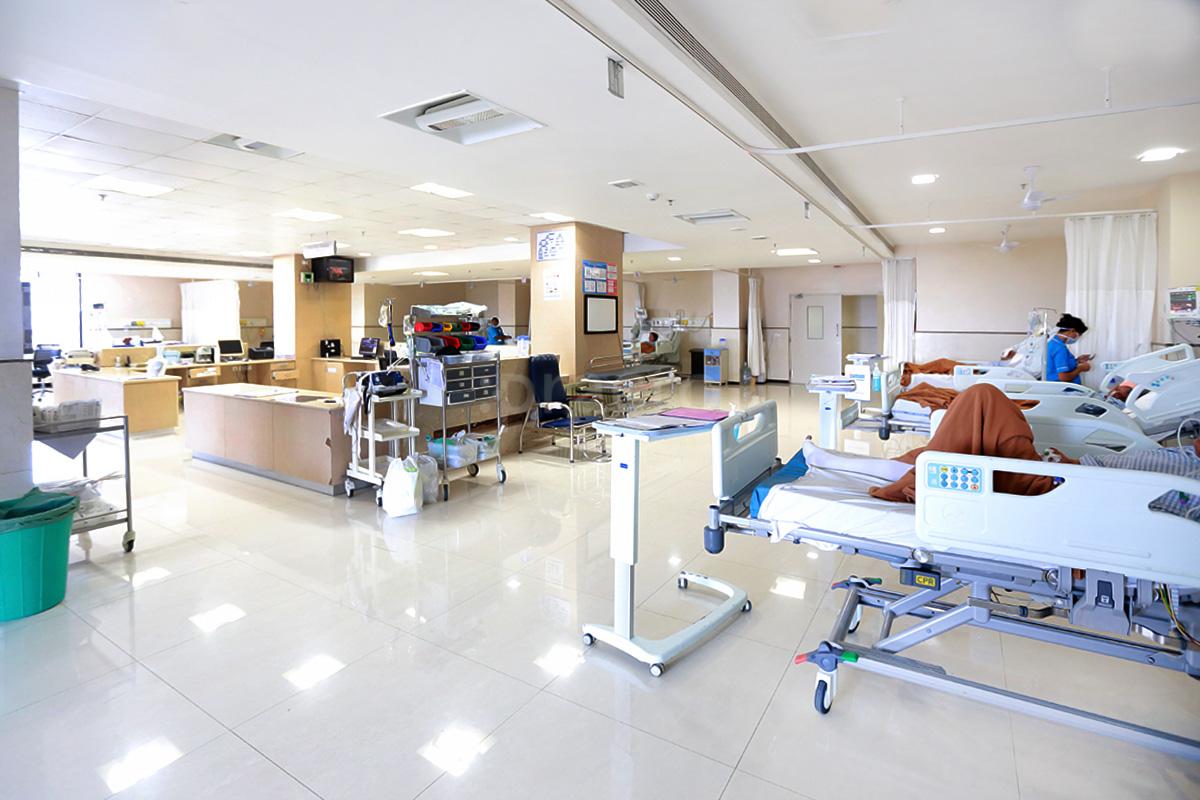During drug or alcohol addiction recovery, you will encounter many challenges, emotions, and situations that will make you feel uncomfortable, sad, nervous, and perhaps even fearful. Your previously usual coping mechanism – substance use – is now gone, no longer an option, so it begs the question:
What are you going to do now?
Will you stand up and face this challenge with all you’ve learned along your journey so far toward addiction recovery?
Or are you really going to throw away all you’ve worked for in achieving sobriety – the detox, those painful early days, and so on – because you now feel challenged in some way, and you’re not sure what to do?
Honestly, are you really going to call up your old drug dealer, or take a walk to the nearest liquor store?
The first time you encounter a “relapse trigger” – something that is powerful enough it can actually cause you to revert to your previous substance use – all of these thoughts are going to tumble through your mind.
Trust me – I know.
Now in my 6th year of 100% sobriety after a first “life” full of cocaine, alcohol and so, so many wasted days, I try to do my part in helping other recovering addicts negotiate their challenges, and live a much happier, second life as I do now – 100% substance-free.
Believe me when I tell you that the secret to successfully coping with these triggers is the next important step of your recovery journey.
This article – “6 Expert Ways to Deal with Triggers During Addiction Recovery” – will give you the knowledge and confidence you need to face these challenges successfully, the coping mechanisms and techniques that healthy recovering addicts use to deal with triggers, and help you to make exactly the right choice if you ever find yourself seriously contemplating a return to your previous (and dangerous) substance use.
What is a RelapseTrigger?
A relapse trigger (sometimes called an addiction trigger) refers to anything that causes a person in recovery to want to use or to drink again. These triggers can either be internal, like powerful emotions, feelings, thoughts, or memories, or external, such as a person, a situation, a place, and so on.
Relapse triggers can be this powerful because they are directly linked to intense emotional needs, which in the past, has led you to get high or to get drunk.
The next important question you need to answer is this:
What are Your Personal Relapse Triggers?
Once you have identified your very own triggers that could potentially lead you to relapse into your previous substance use, you will then be far better placed to deal with them. Now, that may sound obvious, but early in recovery, it can be difficult for a newly recovering addict to identify and learn their own triggers.
By knowing your own relapse triggers, you can learn to successfully manage them, learn when they are coming, and even how you can literally step to one side as they approach, and if you can, simply avoid them.
The Most Common Relapse Triggers
As we stated earlier, relapse triggers can be either internal or external. Let’s begin with internal relapse triggers:
1. Negative Emotions (Internal)
Negative emotions are one of the most common triggers for relapse, and for many recovering addicts, they can put you right back where you once were. Common negative emotions that can be powerful triggers include:
- Stress (probably the most common trigger of all)
- Depression
- Anxiety
- Fear
- Anger
- Shame
- Guilt
- Regret
- Grief
- Frustration
- Feeling disregarded or ignored
2. Painful Memories (Internal)
Painful memories can be another strong trigger to relapse, with common examples including trauma , such as childhood abuse or domestic violence, and mental health disorders, particularly post-traumatic stress disorder (PTSD).
Memories can feel like they come out of nowhere, but they can be induced by sights, sounds, or smells. However, not all memories are painful, but they can still act as a trigger, such as the experience of getting high or drunk, and the feelings that accompanied those times.
3. Random & Intrusive Thoughts (Internal)
Random thoughts can also sometimes lead to ideas and emotions that can trigger a relapse. This is because your brain has connected these thoughts previously with other thoughts, experiences or actions that involved substance use.
As with all relapse triggers, it essential you learn your own, especially when random thoughts, for example, trigger strong cravings and emotions.
4. Social Situations (External)
No need for much explanation here.
Being around others who are using drugs or getting drunk can undoubtedly trigger intense cravings. These types of situations can be anything that involves people getting together – a family birthday celebration, a Thanksgiving dinner with friends, a sporting event, or a colleague’s house party.
5. Sensory Triggers (External)
Sensory triggers – smells, tastes, sights and sounds – are all capable of becoming a trigger to relapse in their own right. Here’s a few examples you will encounter:
- Movies, TV shows, and songs can have subject matter that involves substance use, or they can trigger memories of drug or alcohol use.
- Tastes and smells are also powerful, yet often overlooked sensory triggers, related directly to drug or alcohol use.
6. Environments (External)
For many drug addicts and alcoholics, their home is often cheap and unkempt, and likely located in a poorer neighborhood. This in itself could act as a relapse trigger. Additionally, dysfunctional living conditions, such as abusive home environments, poverty, and marriage issues can also trigger some people to return to using substances.
6 Expert Ways to Deal with Relapse Triggers
And so, with grateful thanks to the many addiction experts I have encountered along my road to sobriety, and with much love to the Phoenix rehab when I finally found recovery, here are your 6 expert ways to successfully deal with relapse triggers:
1. Create Your Relapse Prevention Plan
Relapse prevention plans are a vital tool in your protection against relapse triggers. Normally produced with guidance and information from your residential treatment facility or your outpatient treatment program, they are an essential part of recovery.
Do not worry if you don’t have your own, as you can create one. All professional relapse prevention plans contain the same elements, which include:
a. Self-Assessment
Your first step in creating your relapse prevention plan is to take stock of your life so far. You should spend some time reflecting on:
- Your life
- Your choices
- Your time in treatment
- Your life before treatment
Think about what may have caused you to use substances in the first place, and what contributed to your addiction. This self-assessment will help you to avoid making the same mistakes again.
b. Relapse Triggers & Warning Signs
Triggers can lead you to drop sobriety, and go straight into relapse – they are dangerous, and need to be avoided at all costs. As part of your relapse prevention plan, make a comprehensive list of your triggers. Realistically, though, there are certain triggers that you simply can’t avoid.
Warning signs differ from triggers. These are slight changes that you, or those around you, may notice, such as increased stress at work or if you are struggling financially. These warning signs need to be addressed before they become real triggers.
c. Disaster Action Plan
The worst happens and you have relapsed. Yes, it can happen. Before you ever get to this point, write a “Disaster Action Plan” – a step-by-step plan for what you will do should it happen. Then discuss your plan with those you trust the most, which leads us directly to….
d. Your Relapse Prevention Team
Having a team of people who agree to support you in recovery can make a huge difference. These may be close friends, family members, therapists, and those you meet within your support groups. Keep in regular contact with them all!
e. Your Recovery Goals
Last, but not least, your relapse prevention plan should have a list of goals you have set for yourself. Their aim is to help you live a healthy life, and maintain your focus throughout your recovery, such as a goal to eat healthily, and another to get 30 minutes of exercise each day.
Other goals could include getting outside more, making a new friend, discovering a new hobby, and a new way to relax, such as learning mindfulness or yoga.
2. Follow the HALT Rule
HALT stands for Hungry, Angry, Lonely, and Tired. Avoid times when you feel any of these, as they increase the chances of a relapse. So, always eat regularly, watch your sleep, control your anger, and socialize with others.
3. Take the 12 Steps
Become involved with a 12-step program by going to meetings regularly, and getting a sponsor.
4. Learn Healthy Ways to Relax
Meditation, mindfulness, and deep breathing exercises can help control and prevent internal triggers, and help you to manage frustration.
5. Keep a Journal
Writing about your day – the good and bad parts – can help you to become more aware. Record your thoughts and feelings, times when you felt an oncoming trigger, and what you did to cope. Your journal will become a valuable resource for you in the future.
6. List the Benefits of Your Recovery & the Costs of Relapse
Make a list of all the benefits of remaining sober and all the possible costs of relapse, as this be a great source of motivation to handle triggers successfully.
Lastly, be good to yourself, and stay safe.



















